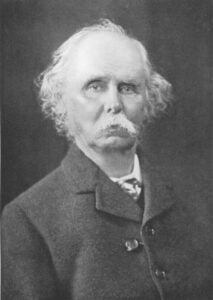Equi-Marginal Utility: Importance of the Law
Importance of Law of Equi-Marginal Utility The Law of Equi-Marginal Utility has an important place in economics. The importance of concept cannot be ignored even though it is highly criticized. This applies in every field of economics, which is clear from the following
Equi-Marginal Utility: Importance of the Law Read More »

